Members of the independent scientific Panel on the effects of nuclear war
Ana María Cetto Kramis
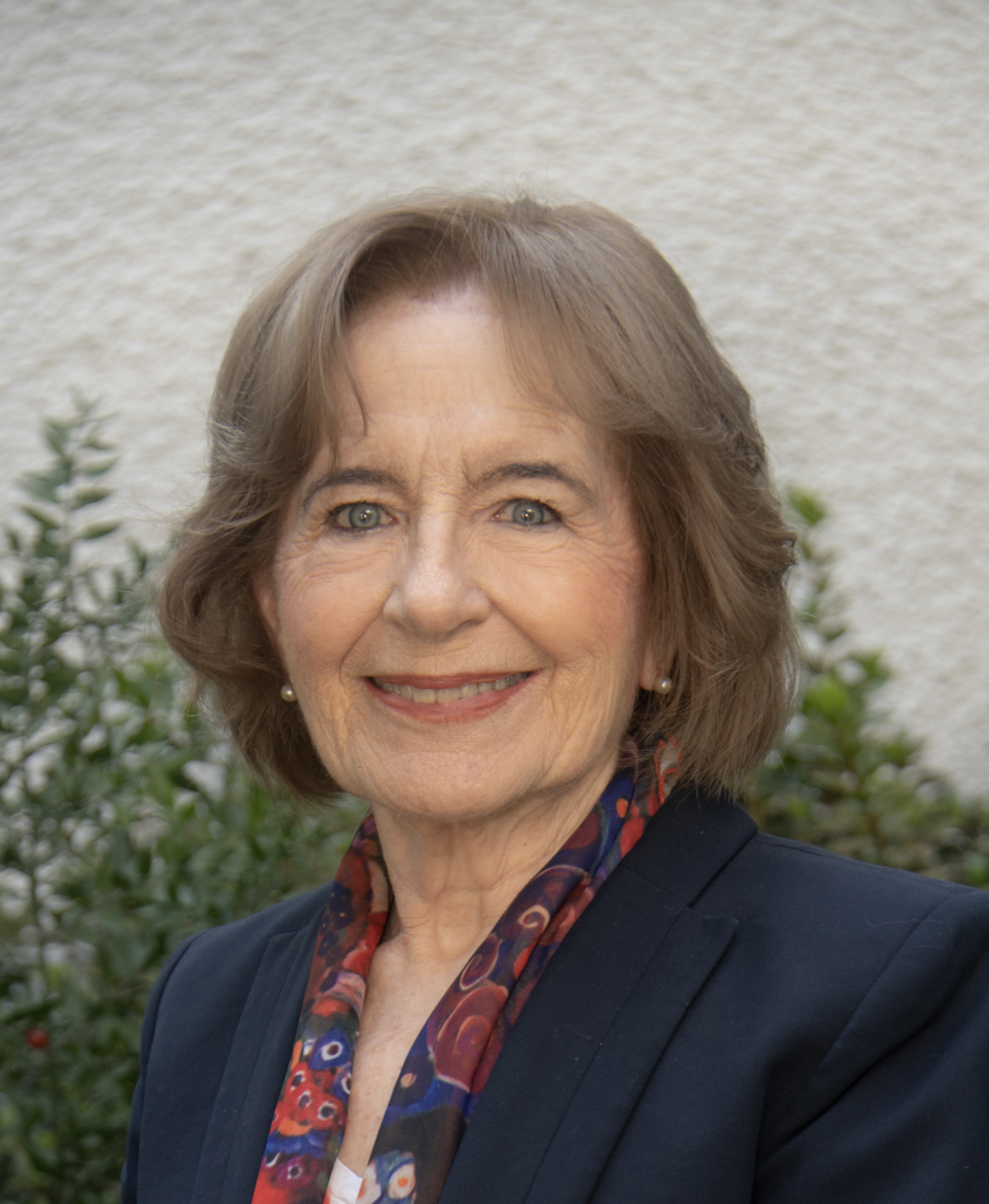
Ana María holds a Master degree in Biophysics from Harvard, and Master and Ph.D. degrees in Physics from UNAM. She does research on the foundations of quantum physics at the Institute of Physics and teaches at the Faculty of Sciences, UNAM. She is former Director of the Faculty of Sciences, the Museum of Light and the Mexican Journal of Physics, OWSD vice-president, consultant to UNESCO for the World Conference on Science, member of the UNU Governing Board, ISC Secretary General and President of the Mexican Physical Society (SMF). In 1996 she founded LATINDEX, which she currently presides, in addition to holding the UNESCO Chair on Science Diplomacy and Heritage and chairing the UNESCO Global Open Science Steering Committee. She is Mexico’s Woman of the Year in 2003, and has received i.a. the UNESCO Kalinga Prize in 2023, the Oganesson Prize in 2024 and the AIP Tate medal in 2025. She is also co-recipient of the 1995 Nobel Peace Prize as a member of the Executive Committee of the Pugwash Conferences, and of the 2005 Nobel Peace Prize as IAEA's Deputy Director General.
Manvendra Krishna Dubey
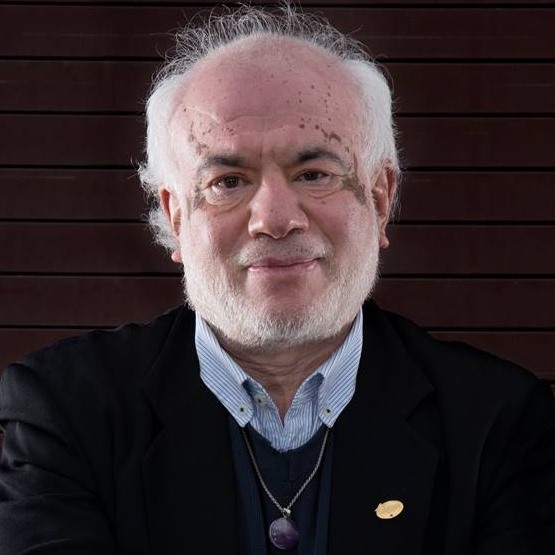
Dr. Manvendra Krishna Dubey (Dubey) is a fellow and senior atmospheric scientist at Los Alamos National Laboratory with a PhD thesis on stratospheric ozone photochemical mechanisms from Harvard University. Dubey’s research has integrated laboratory and field measurements to refine regional to global earth system models for over 3 decades. He has performed targeted trace gas and aerosol observations to verify emission inventories, validate model parameterizations, and assess their impact on humans and the environment. He elucidated processes by which wildfire smoke cool climate that are also important to evaluate the nuclear winter hypothesis. Dubey discovered the methane hot spot above Four Corners, USA and developed remote sensing methods to verify trace gas emissions from power plants and dairies. His current multi-scale methane waste quantification research is helping prioritize the remediation of abandoned orphan wells and the sustainable expansion of natural gas by the US Department of Energy. Dubey is building bridges between public, private, and defense sectors in interdisciplinary opportunities at the nexus of energy, environment, and national security. Dubey has mentored over 20 postdocs and 50 students. He collaborates internationally, executes large field campaigns, has edited journals, organized special sessions on timely topics, and given regular seminars. He is a fellow of the American Association for the Advancement of Science and was a Fulbright scholar at the Indian Institute of Science, Bengaluru and the atmospheric chemistry program director at the National Science Foundation. Dubey gave the 2023 Keeling lecture and won the 2019 & 2022 US R&D100 awards for trace gas measurement techniques that harness AI and CubeSats. He has 168 publications with 12,250 citations and an h-index of 60.
Friederike Frieß
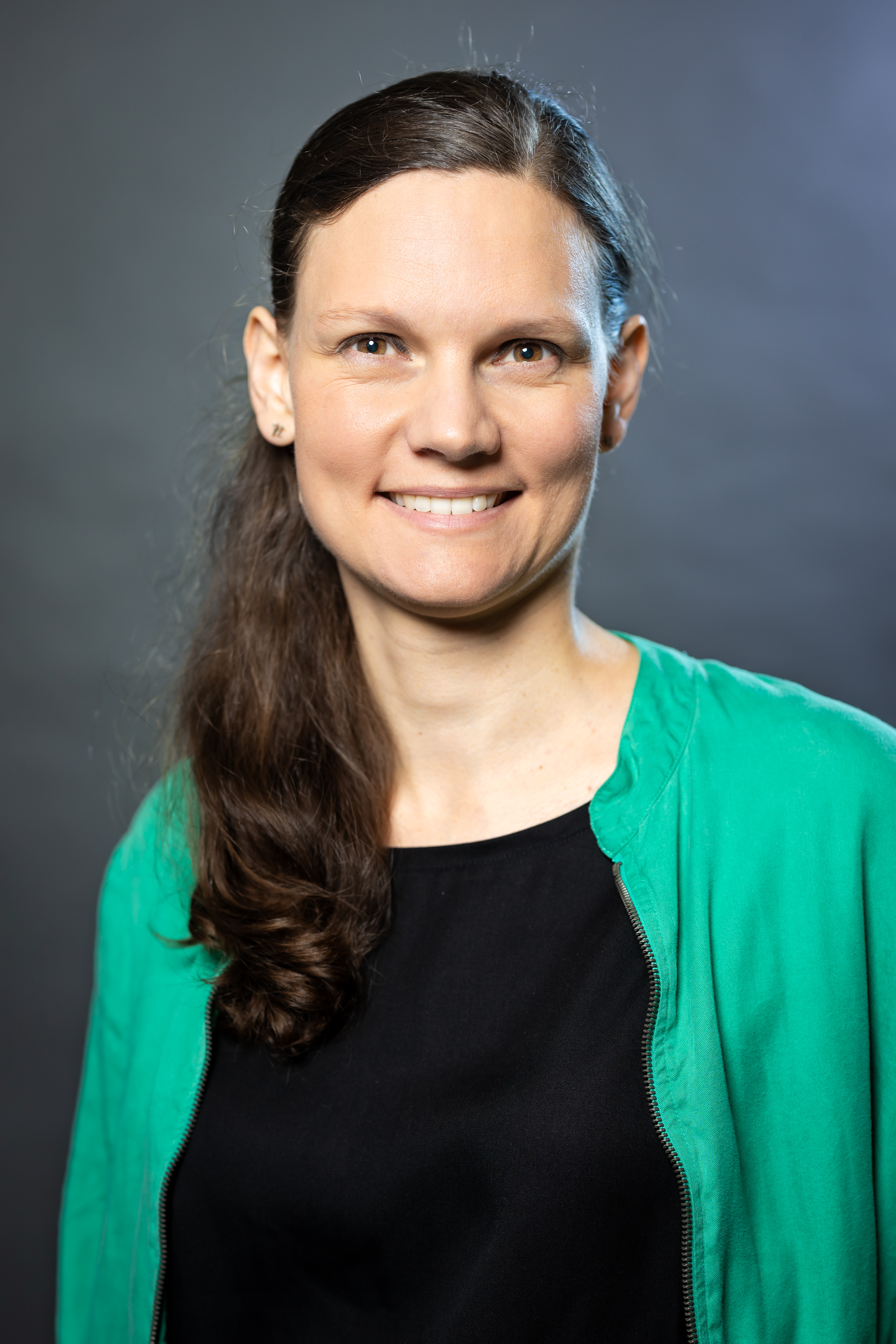
Friederike Frieß is a senior researcher at the Institute of Security and Risk Sciences, BOKU University, Vienna. She received her Ph.D. in physics from University of Technology, Darmstadt, Germany, in 2017 as a member of the Interdisciplinary Research Group for Science, Technology and Security (IANUS). Friederike is a board member of the International Nuclear Risk Assessment Group (INRAG) and the Research Association for Science, Disarmament and International Security (FONAS). She is also part of the Scientific Network of the Treaty on the Prohibition of Nuclear Weapons (TPNW). Her research focuses on the risks of nuclear technology. In addition to the technical and scientific aspects, she is also interested in the social and historical components of military and civilian use.
Abel Gonzalez
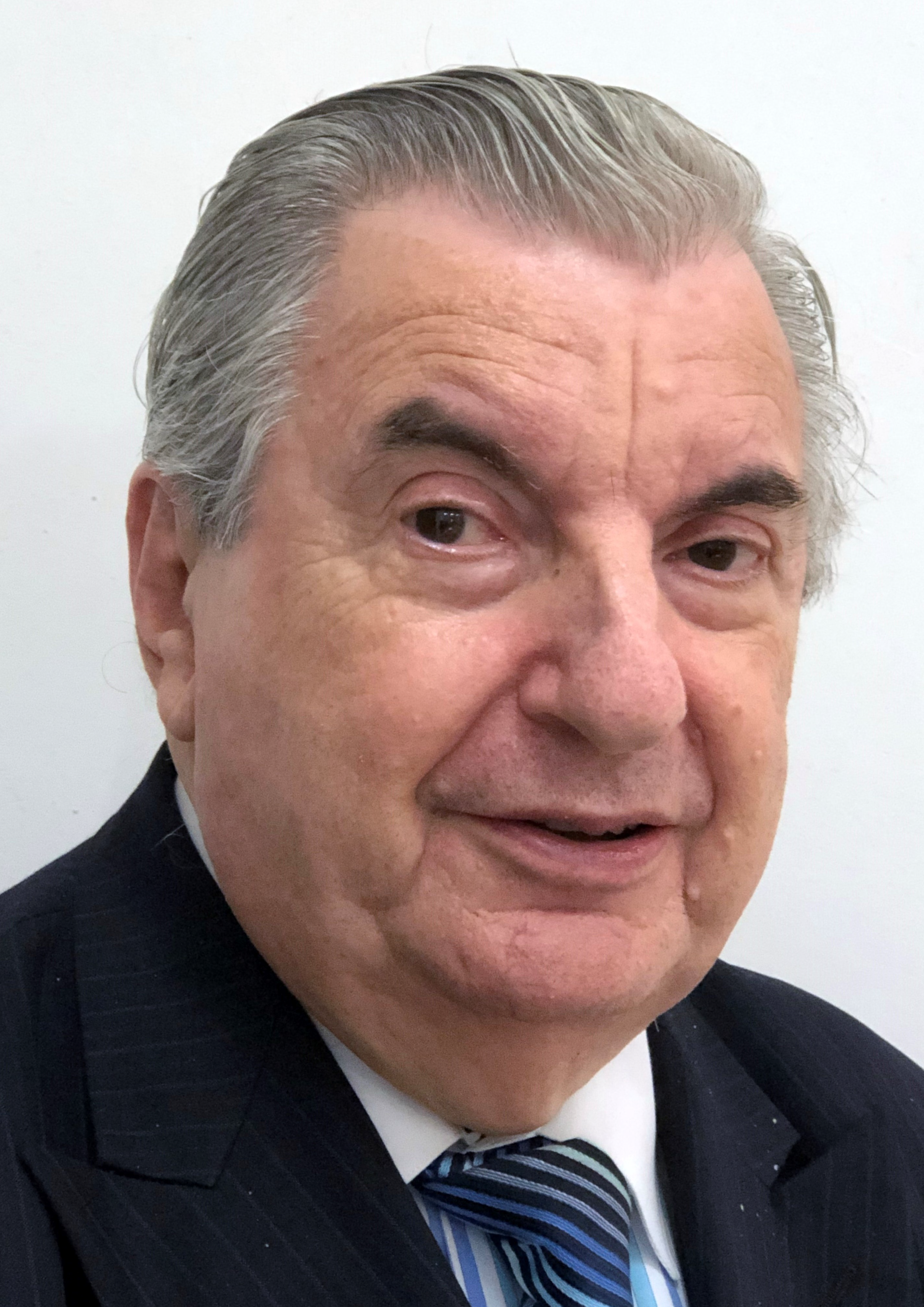
Academician Plenum specialized in radiation protection, plenum member of the National Academy of Sciences of Buenos Aires, Argentine Academy of Environmental Sciences, Argentine Academy of the Seas and International Academy of Nuclear Energy. He is advisor to the Argentine Nuclear Regulatory Authority and a member of several international bodies in his field. He served, inter alia, as: Director in his specialty of the International Atomic Energy Agency (IAEA); Representative of the United Nations Committee on the Effects of Atomic Radiation (UNSCEAR); and, Vice-President of both the International Commission on Radiological Protection (ICRP) and of the International Radiological Protection Association (IRPA). As IAEA Director he supervised the radiological studies in several nuclear weapon test sites, including: the atoll of Bikini in the Marshall Islands, Semipalatinsk in Kazakhstan, Reggane and In Ekker in Algeria, and the atolls of Mururoa and Fangataufa en French Polynesia. He also supervised the radiological evaluations of several accidents, including those in Chernobyl and in Fukushima. He is Visiting Professor at the World Nuclear University, the Tsinhua University and the Université de Montpelier . He shared the IAEA’s 2005 Nobel Prize and received several scientific awards, including the Sievert Award (the highest international prize in radiation protection).
Md Ahsan Habib
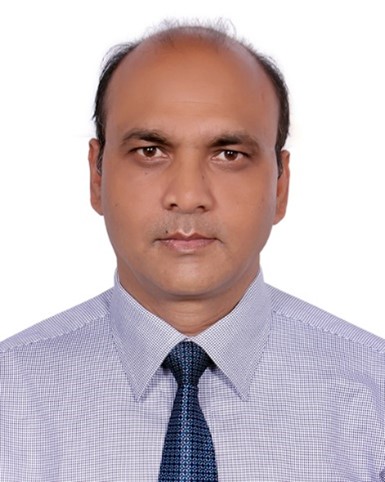
Md Ahsan Habib received his BSc (Hons) in 1990 and MSc (Thesis) in 1991 from the University of Dhaka, Bangladesh, where he currently serves as a Full Professor in the Department of Chemistry in Analytical and Environmental Chemistry Section. In 2001, Dr. Habib obtained his MPhil from the Department of Chemistry, Bangladesh University of Engineering and Technology, Bangladesh. He then earned his PhD in 2004 from the Department of Chemistry at Saga University, Japan. Following his PhD, Dr. Ahsan Habib completed five postdoctoral research fellowships, including as a COE Fellow, Global-COE Fellow, JST Fellow and JSPS Fellow, at five different Japanese Universities, e.g., University of Tokyo, University of Yamanashi, Chiba University, Yokohama National University, in various fields of Chemistry. Moreover, Prof. Habib has served as a Visiting Professor at Toyo University (Japan), Ningbo University and Guangzhou Institute of Geochemistry (GIG), Chinese Academy of Sciences (China). He has delivered many talks at international conferences and seminars. Currently, alongside his professorship at the University of Dhaka, Prof. Habib is working as a PIFI fellow under the Chinese Academy of Sciences, Guangzhou Institute of Geochemistry, China. Prof. Habib has published over 80 research and review articles (indexed in WoS/Scopus) in reputed international journals, including Nature Communications, Environmental Science & Technology, Chemical Engineering Journal, Environmental International, Chemosphere, Environmental Research, Journal of Environmental Sciences, Environmental Toxicology and Chemistry, Emerging Contaminants, Atmospheric Environment, Talanta, Critical Reviews in Analytical Chemistry, Journal of the American Society of Mass Spectrometry, Rapid Communication in Mass Spectrometry, International Journal of Mass Spectrometry, Journal of Physical Chemistry C, Bulletin of the Chemical Society of Japan, Inorganica Chimica Acta, Journal of Inorganic Biochemistry, Journal of Nanostructure in Chemistry, Inorganica Chimica Acta. Google citations: 2358 (h-index: 26; i-1- index: 46) (https://scholar.google.com/citations?user=g-RVVbgAAAAJ&hl=en); ORCID ID: https://orcid.org/0000-0001-6378-5915.
Andrew Haines
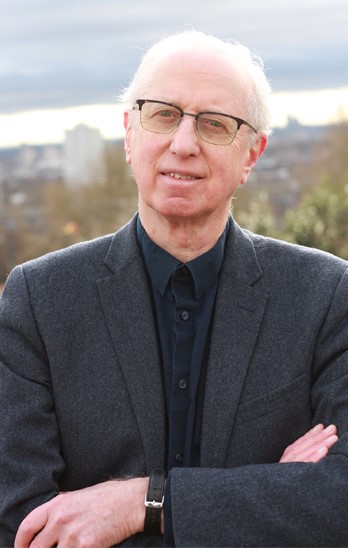
Andy Haines trained in family practice and epidemiology. He worked for the UK Medical Research Council and subsequently as Professor of Primary Health Care at UCL, while continuing in clinical practice. He was a member of the International Council of International Physicians for the Prevention of Nuclear War at the time of the award of the Nobel Peace Prize in 1985. He developed an interest in climate change and health in the 1990’s and was a member of the Intergovernmental Panel on Climate Change on three occasions. He was Director (formerly Dean) of the London School of Hygiene and Tropical Medicine 2001-2010 and was knighted for services to medicine in 2005. He chaired several international initiatives including the Rockefeller/Lancet Commission on Planetary Health and the InterAcademy Partnership (140 science academies worldwide) working group on climate change and health. Between 2020-2024 he was co-Director of the WHO Collaborating Centre on Climate Change, Health and Sustainable Development @ LSHTM. He currently co-chairs the Lancet Pathfinder Initiative on health in the net zero economy, is a member of the US National Academy of Medicine Grand Challenge on Climate and Health Steering Committee and chief scientific advisor to the Pan-European Commission on Climate Change and Health. He has many publications on primary care, epidemiology and climate change and health. He was awarded the Tyler Prize for Environmental Achievement in 2022.
Gi Hoon Hong
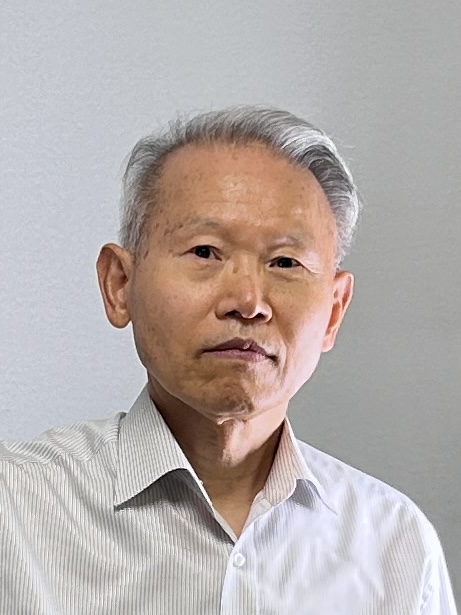
Gi Hoon Hong (Gi) is a professor of geochemistry specializing in isotope oceanography and waste management at sea and a member of an international environmental radioactivity society. After receiving his Ph.D., Gi worked for over forty years in research, teaching, and developing domestic and international marine environmental policies. Gi has investigated anthropogenic and natural radioactivity isotopes in the marine, atmospheric, and terrestrial environment to address various emerging needs. Gi served as chair of the international environmental protection treaties for several years. Gi has also served as a key international project officer, promoting international marine scientific research in recent years. Gi is interested in bringing scientific facts and knowledge into societal decision-making processes in both domestic and global settings. He believes that scientific research on our surrounding natural and built environment is essential in solving challenges of emerging societal issues, enhancing natural capital (resources), mitigating global climate change, and ultimately advancing human civilization by achieving sustainable development. Gi has published over two hundred research articles, book chapters, and edited several books.
Togzhan Kassenova
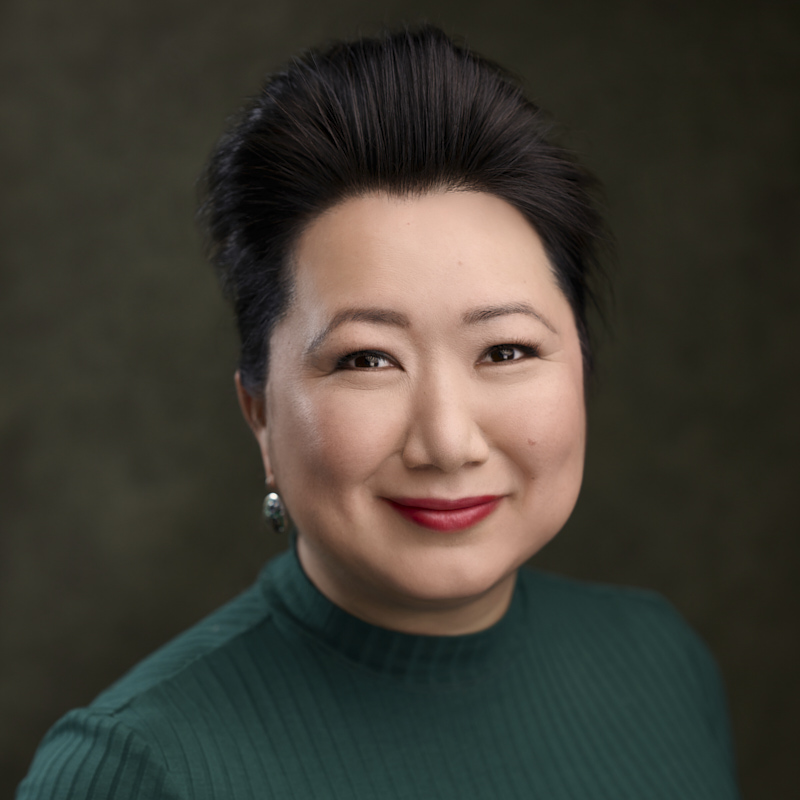
Dr. Togzhan Kassenova is a Washington, D.C.-based senior fellow with the Project on International Security, Commerce, and Economic Statecraft (PISCES) at the Center for Policy Research, SUNY-Albany. A recognized expert in nuclear politics and weapons of mass destruction (WMD) nonproliferation, she previously served on the UN Secretary-General’s Advisory Board on Disarmament Matters (2011–2015) and is the author of award-winning Atomic Steppe: How Kazakhstan Gave Up the Bomb (Stanford University Press, 2022), which explores the human, environmental, and political consequences of nuclear weapons testing.
Ausrele Kesminiene-Suonio
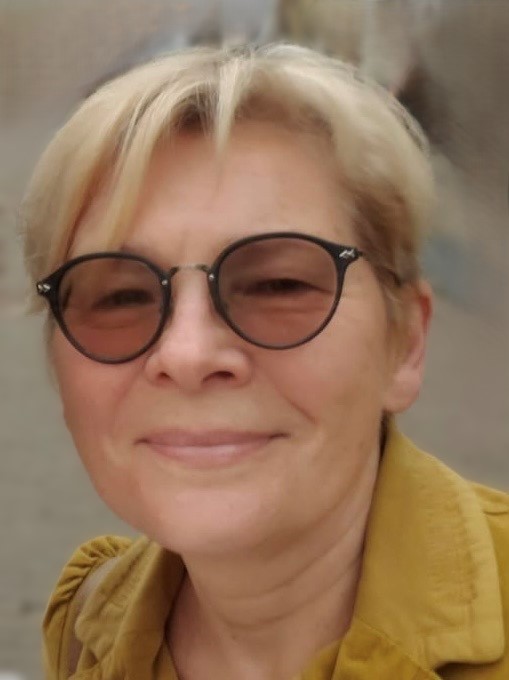
Dr Ausrele Kesminiene-Suonio is a radiation epidemiologist, currently holding a position of Senior Visiting Scientist in the Environment and Lifestyle Epidemiology Branch at the International Agency for Research on Cancer (IARC/WHO). She received MD from the Vilnius University in Lithuania and was later trained in epidemiology and radiation biology at the Radiation Effects Research Foundation and Hiroshima University in Hiroshima, Japan. Dr Kesminiene joined IARC in 1997 and became the Head of the Radiation Group in 2009 and later the Deputy Head of the Section of Environment and Radiation until her retirement in 2017. Her research interests comprise cancer risks in populations exposed to ionising radiation environmentally, occupationally and in medical settings. Dr Kesminiene-Suonio served on several WHO expert committees on Chernobyl and Fukushima accidents, iodine supplementation guidelines, was a member of the multidisciplinary expert group to review the health effects of nuclear weapons testing in French Polynesia, a contributing writer and reviewer of the UNSCEAR evaluation of second primary cancer after radiotherapy.
Peter Klimek
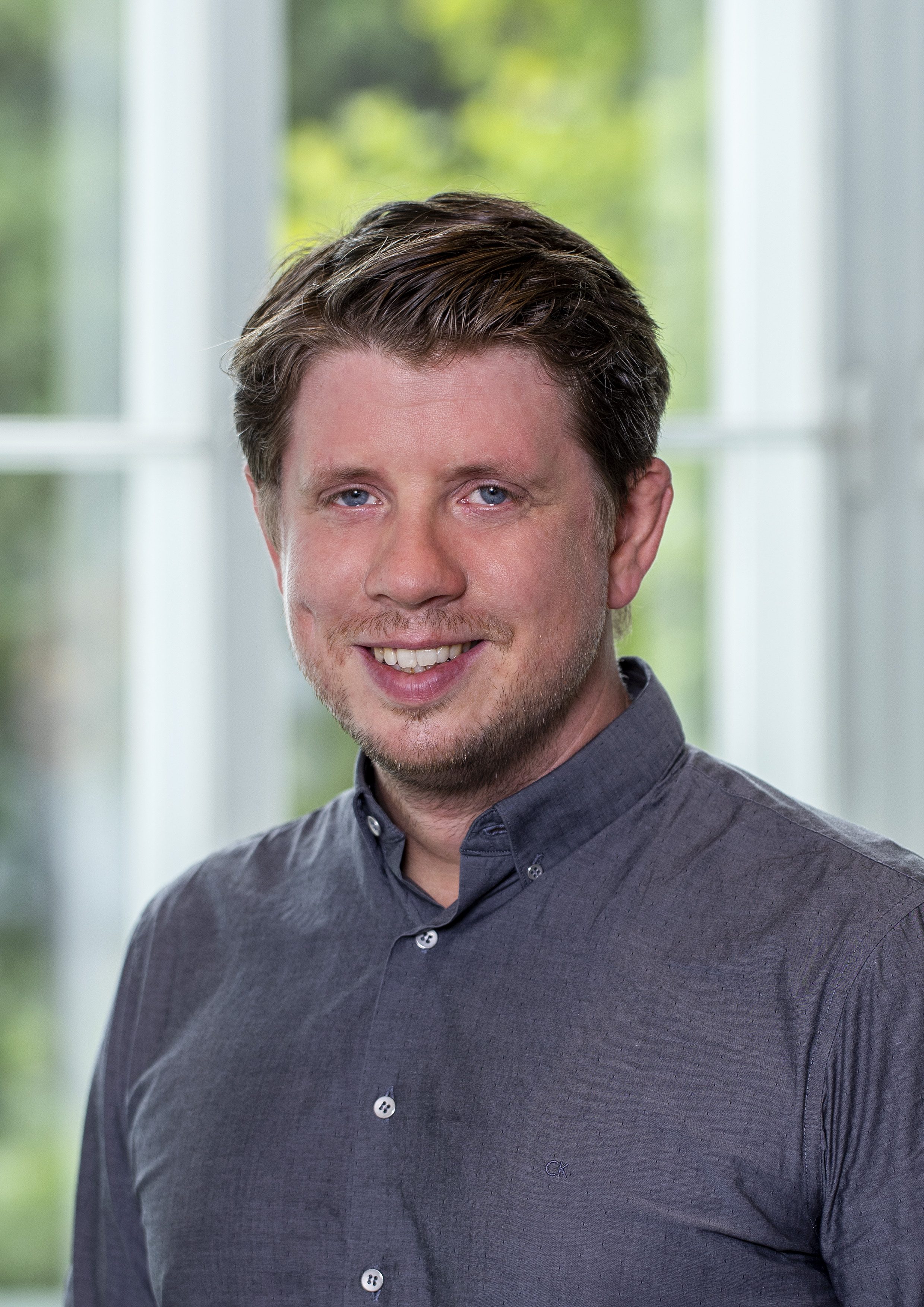
Peter Klimek is director of the Supply Chain Intelligence Institute Austria (ASCII), holds an associate professorship at the Medical University of Vienna and is a faculty member of the Complexity Science Hub. Drawing from his expertise in complexity science, data science, statistics and physics, his research aims to improve our understanding and ability to predict complex socio-economic systems, ranging from human disease over healthcare systems to economic and financial systems. He co-authored a textbook on the Theory of Complex Systems and operated a model used by the Austrian government to forecast the COVID-19 epidemics in Austria. Peter earned a PhD in physics in 2010 and a Venia Docendi (habilitation) in computational science in 2018. He is author or co-author of more than 110 publications, received the Paul Watzlawick Ring of Honor and was named Austrian Scientist of the Year 2021.
Karina Meredith
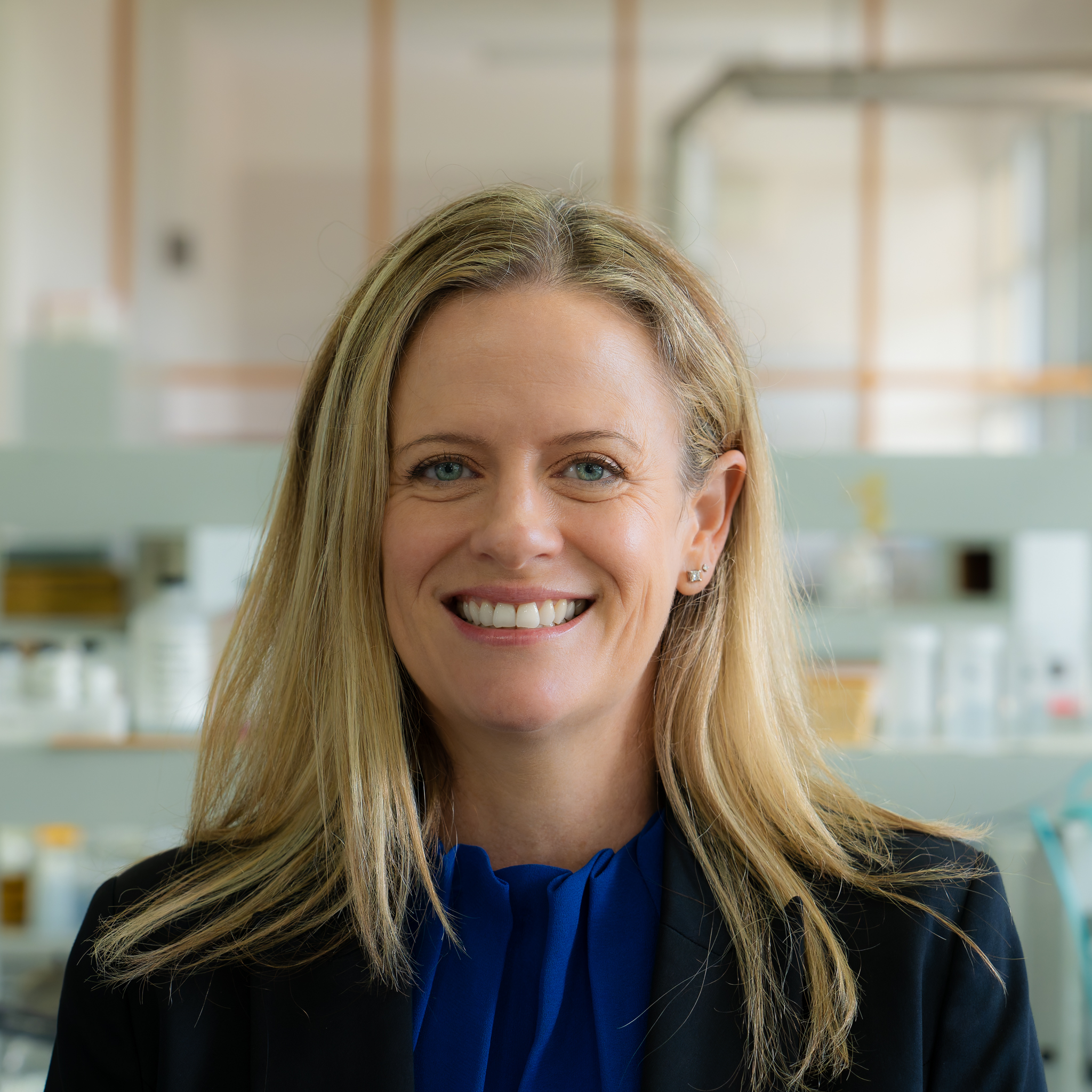
Dr Karina Meredith is the Director of the Environmental Research and Technology Group at the Australian Nuclear Science and Technology Organisation (ANSTO). In her current role, she leads and supports multidisciplinary research in areas such as groundwater sustainability, environmental change in Antarctica, and contaminant impacts from legacy nuclear activities. With over 22 years of experience as an isotope hydrogeochemist, she has applied a variety of isotopic tracers to investigate water resource suitability and sustainability. Karina has a proven track record of producing high-impact, internationally recognised scientific outcomes. Recent research projects include examining the role of groundwater in contributing to kidney disease, as well as studying how lakes are responding to climate change in Antarctica using advanced nuclear science and technology techniques.
Thobela Nkukwana
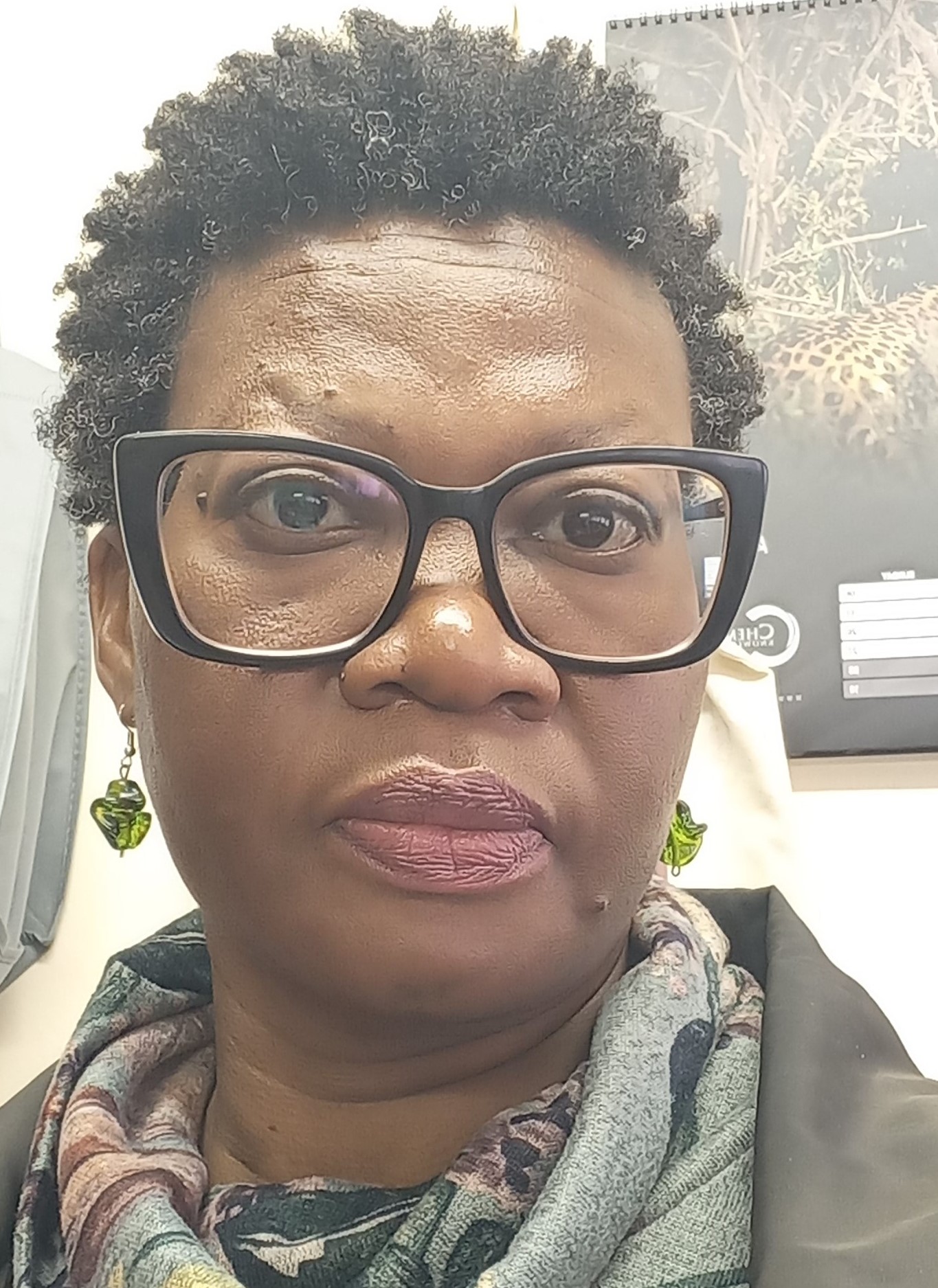
Dr. Thobela Nkukwana is currently a Senior Lecturer in the Department of Animal Sciences, Faculty of Natural & Agricultural Sciences at the University of Pretoria. She holds a PhD in Animal Science – Animal Nutrition. Prior to joining UP she worked as a Mono-gastric Nutritionist at NuTecSA (Provimi) in Pietermaritzburg, SA. She then joined the University of Fort Hare as a lecturer, a career move spanning nine years, where she embarked on her doctoral studies in collaboration with the University of Stellenbosch. Upon completion Dr Nkukwana held the post of Head of Department (Livestock & Pasture Sciences); and served as an academic representative in three UFH statute (Senate, Institutional Forum and Council) for three years. She is a South African Young Academy of Science (SAYAS) alumnus and a former Dr. Norman Borlaug Fellow. She works closely with the feed manufacturing industry and the poultry sector. Her interdisciplinary research informs policy in areas such as “Integrative One Health Surveillance for Antimicrobial Resistance (IOSAR) - Tracking AMR from farm to community”; “Assessing the potential roles of education, science and technology, culture and belief in Just Energy Transition across the Global North and South”; Collaborator in the DSI-NRF Centre of Excellence in Food Security”; as well as animal welfare and climate change effects in animal agriculture. She has graduated over 30 masters’ students, has several doctoral candidates under her supervision. She is a member of the ReTHINK@NAS Transformation Committee and chairs the research subcommittee. She is also a member of the UP Higher Education Task Team in Language Policy and the UP Institutional Forum. The aftereffect of nuclear wars directly impacts her research and societal engagements on climate change, environment and agriculture (soils, water and animals), food systems and global socioeconomic systems, but mostly human livelihoods on the land.
Sébastien Philippe
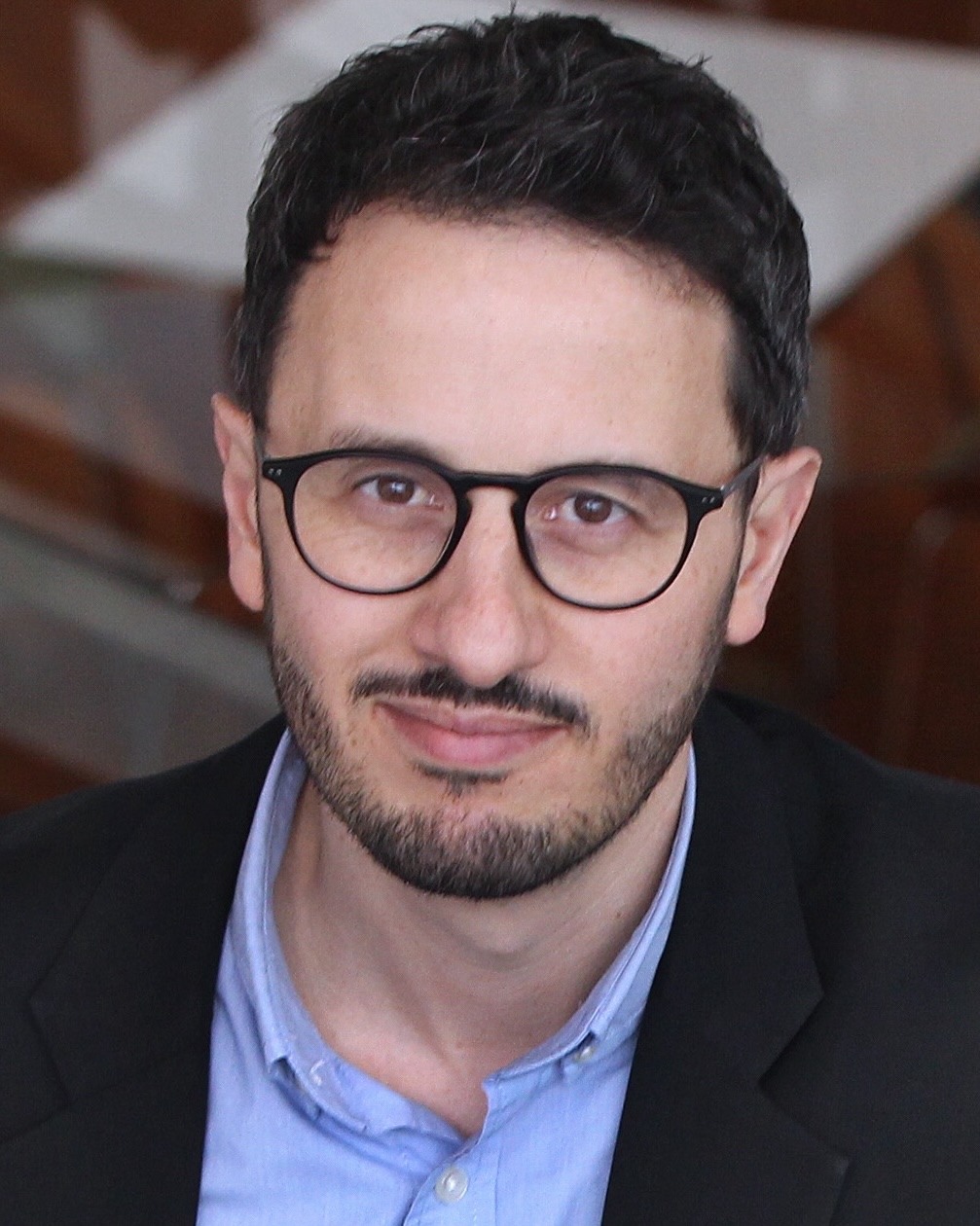
Sébastien Philippe is an Assistant Professor of Nuclear Engineering and Engineering Physics at the University of Wisconsin–Madison and an Associate Faculty member at the UW La Follette School of Public Affairs. He is also a visiting research scholar at Princeton University’s Program on Science and Global Security, where he served on the research faculty from 2019 to 2025. His work combines technical and policy analysis to inform public understanding of nuclear risks and to support evidence-based policymaking and diplomacy. His current research focuses on modeling the consequences of nuclear weapon use and nuclear war on people, society, and the planet. Prof. Philippe is a member of the International Panel on Fissile Materials and the Scientific Advisory Group of the Treaty on the Prohibition of Nuclear Weapons. He earned his Ph.D. in Mechanical and Aerospace Engineering from Princeton University and completed postdoctoral training at Harvard. He is the recipient of the 2025 Joseph A. Burton Award from the American Physical Society for outstanding contributions at the interface of physics and society, among other honors.
Laura Revell
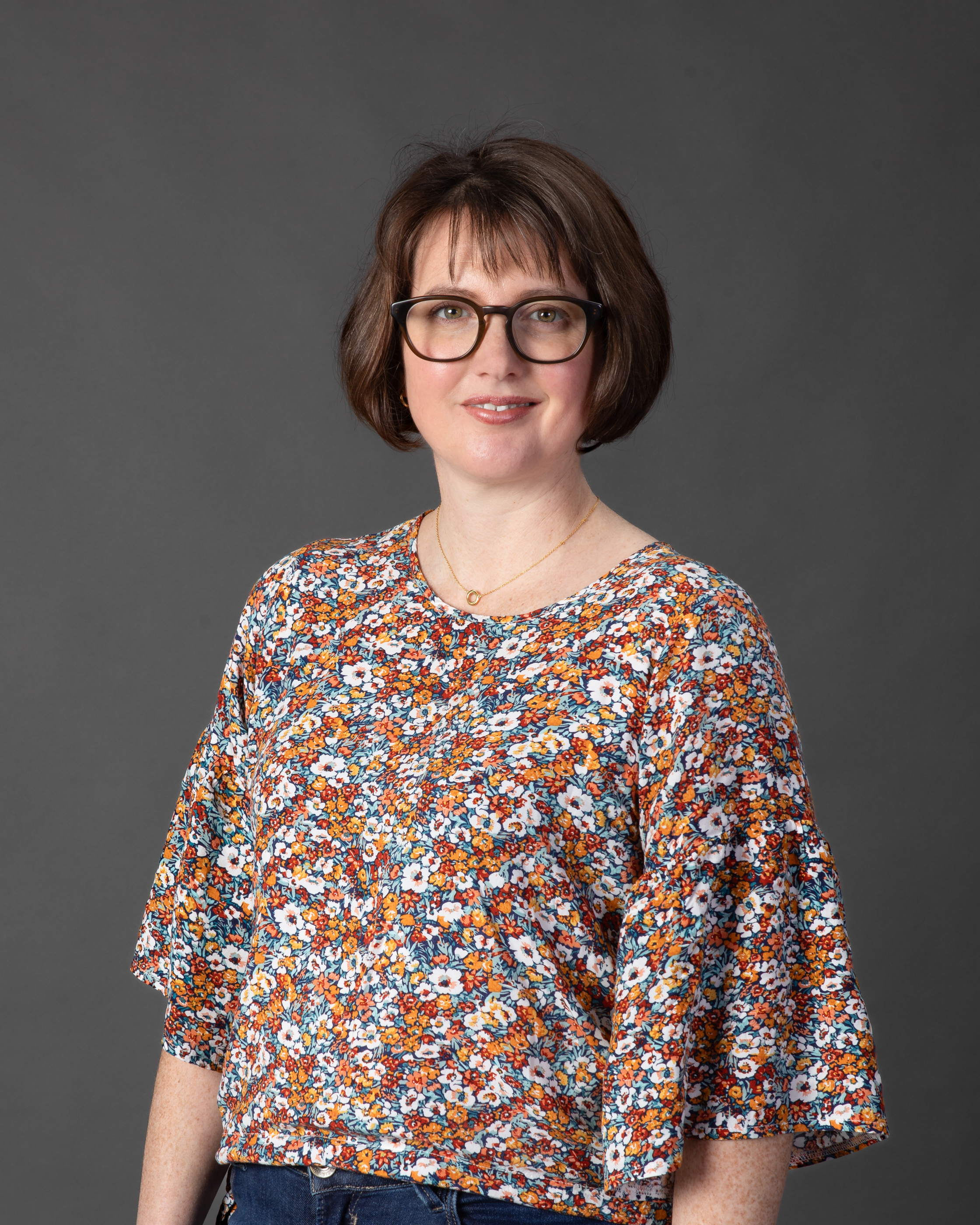
Associate Professor Laura Revell is an atmospheric chemist at the University of Canterbury in Christchurch, New Zealand with expertise in chemistry-climate interactions and Earth system modelling. She completed her PhD at the University of Canterbury in 2012, followed by a postdoctoral fellowship at ETH Zürich in Switzerland. Laura holds a prestigious Royal Society Te Apārangi Rutherford Discovery Fellowship, and leads research examining Southern Hemisphere climate change, including the role of aerosols, airborne microplastics and the Antarctic ozone hole, along with the emerging impact of rocket emissions on stratospheric ozone. Her work has gained international recognition, including the 2021 Cooper Award from the Royal Society Te Apārangi for early-career research excellence. She is an elected member of the International Ozone Commission (2024-2028) and serves on the United Nations Environment Programme's Environmental Effects Assessment Panel, which assesses the effects of ozone depletion and climate change on human health and the environment.
Neil Rowan
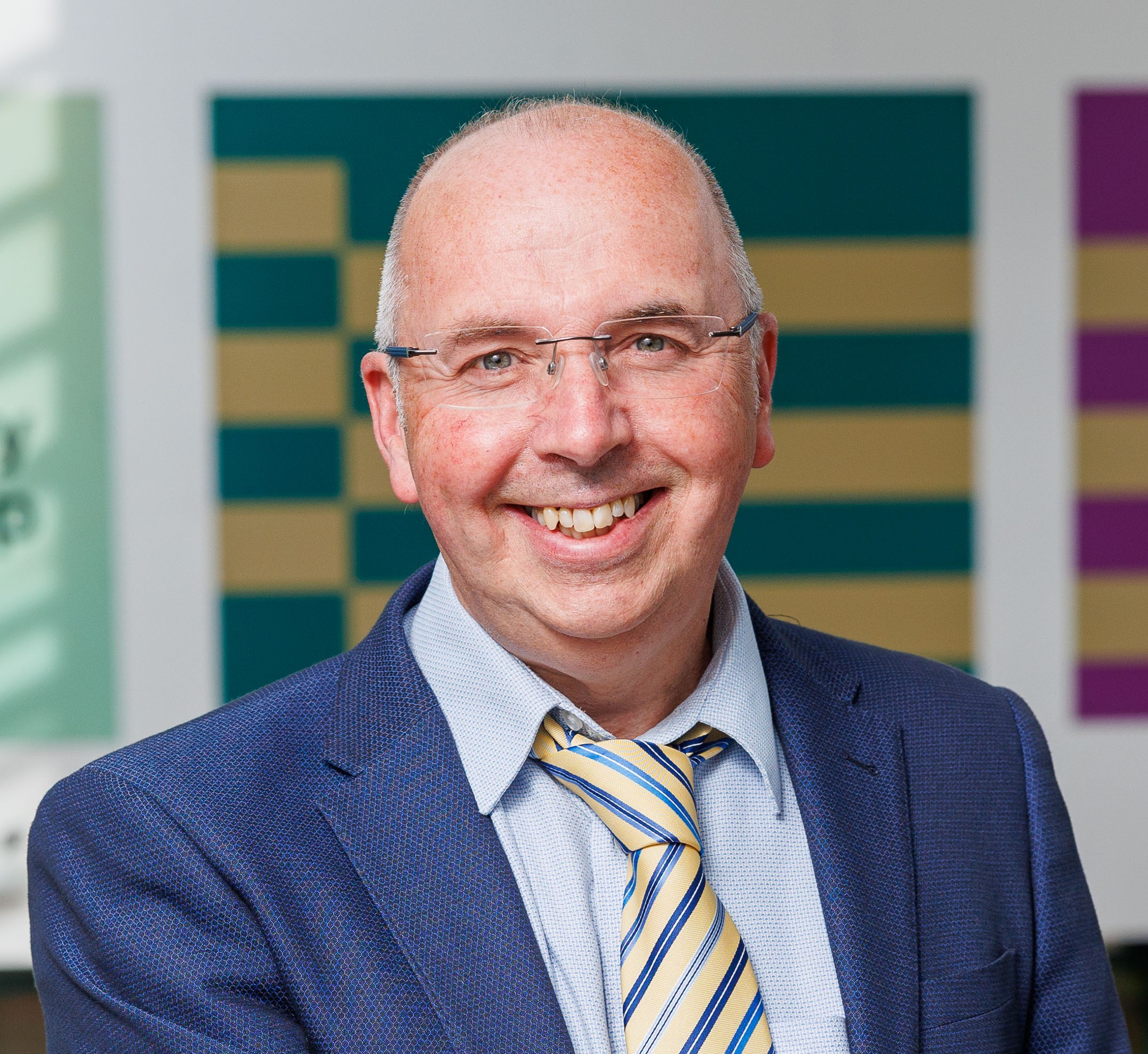
Professor Neil J Rowan is the inaugural Director of Bioscience Research Institute and lectures in the Faculty of Science and Heath at Technological University of the Shannon Midlands Midwest (TUS) in Ireland). He holds a doctorate from the University of Strathclyde (Scotland) combining high-voltage engineering with microbiology and toxicology for developing novel food processing. He also co-founded the Roberston Laboratories for Electronic Sterilization at Strathclyde University where his research was rated as 5* top of scale in UK Research Assessment Exercise. He developed the first computer model to predict toxigenic fungal growth in buildings (European Reference model). He has led multiple integrated projects internationally in sustainable agri-food systems that address production efficiency, data modelling, safety, disease and risk mitigation (including transnational drivers), and digital transformation. He led/leads projects on medical device design, reprocessing and terminal sterilization including solutions for critical PPE supply chain shortage during COVID-19 pandemic. He advanced X-ray, E-beam and gamma-based sterilization technologies including dosimetry. He has published over 200 journal papers, supervised 40 PhDs and mentored 18 postdoctoral researchers in these fields. He holds Adjunct Professorship to School of Medicine at University of Galway (Ireland), and Honorary Professor to School of Agriculture at University of Kwa-Zulu Natal (South Africa). He holds/held several committee memberships including Food Safety Authority of Ireland. He acts as Independent Evaluator for European Innovation Council for high-risk, high-gain, deep-tech innovation. He appeared on Standford list of top 2% of Scientists globally in 2024, and as a ‘Highly Ranked Researcher’ (top 0.04% of Scientists), including for decontamination, by ScholarGPS. He leads the first global bioeconomy demonstration site at scale in the peatlands for sustainable eco-innovation and leads public outreach STEM initiatives to schools and communities.
Rabia Sa’id
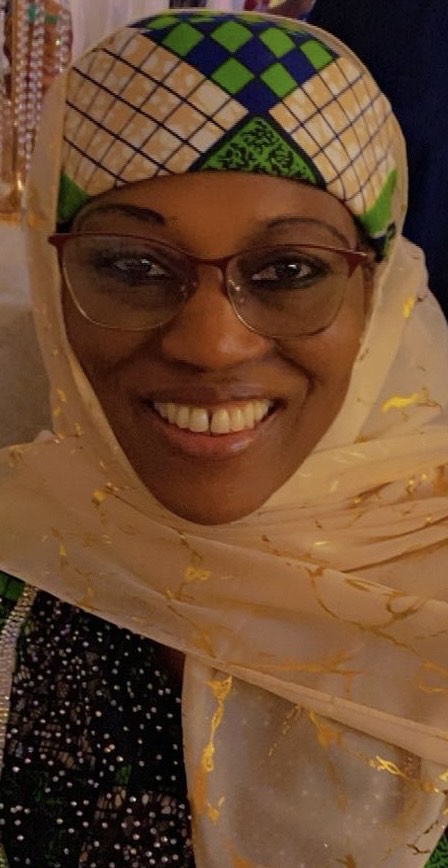
Rabia Salihu Sa’id is a professor of Physics at Bayero University Kano, Nigeria. Being a community volunteer and campaigner for environmental sustainability, she worked on different education and training programs and advocacy projects with nongovernmental organizations. As part of a science diplomacy action project, she participated in science panels and women in science enlightenment campaigns. She participated at the United Nations Commission on the status of women (CSW62) in 2018 and (CSW65) in March 2021 and the recent CSW69 in March 2025. As a trained nuclear non-proliferation advocate and former visiting fellow at the James Martin Center for non-proliferation studies in Monterey, California, she has been engaged in panel discussions on non-proliferation and peaceful uses of nuclear.
Georgiy L. Stenchikov
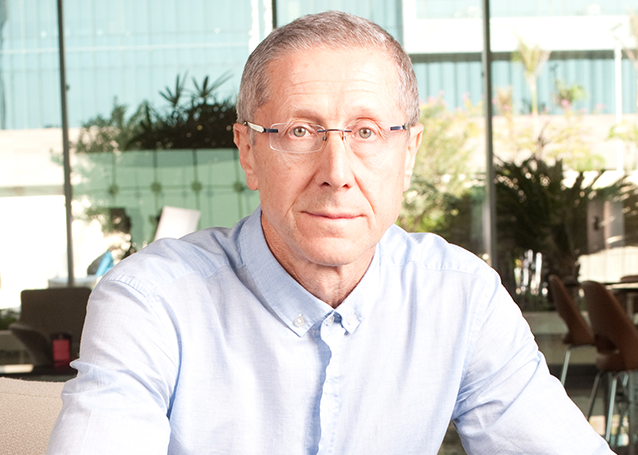
Dr. Stenchikov graduated with distinction from Moscow Physical-Technical Institute in 1973 and completed his Ph.D. there in 1977. As the head of a department at the USSR Academy of Sciences, he led pioneering research using computational analysis to assess humanity’s impact on Earth’s climate, including the effects of nuclear war. Beginning in 1992, he spent 17 years in the United States, working first at the University of Maryland and then at Rutgers University from 1998. In 2009, he joined King Abdullah University of Science and Technology in Saudi Arabia as a Professor and Chair of the Earth Sciences and Engineering Program, a role he held until 2021. He retired after 15 years of service, leaving a legacy of significant contributions to climate modeling, atmospheric physics, fluid dynamics, radiation transfer, and environmental sciences. In 1986, Dr. Stenchikov was recognized for his achievements in climate impact modeling; he received a prestigious award from the Council of Ministers of the Soviet Union. He served as a contributing author to the Nobel Prize-winning IPCC AR4 report in 2007. In 2022, he was honored by the Future of Life Institute for his work in advancing and promoting the science of nuclear winter. Most recently, in 2024, the Association for Computing Machinery awarded him the Gordon Bell Prize for his breakthroughs in climate modeling.
Masao Tomonaga
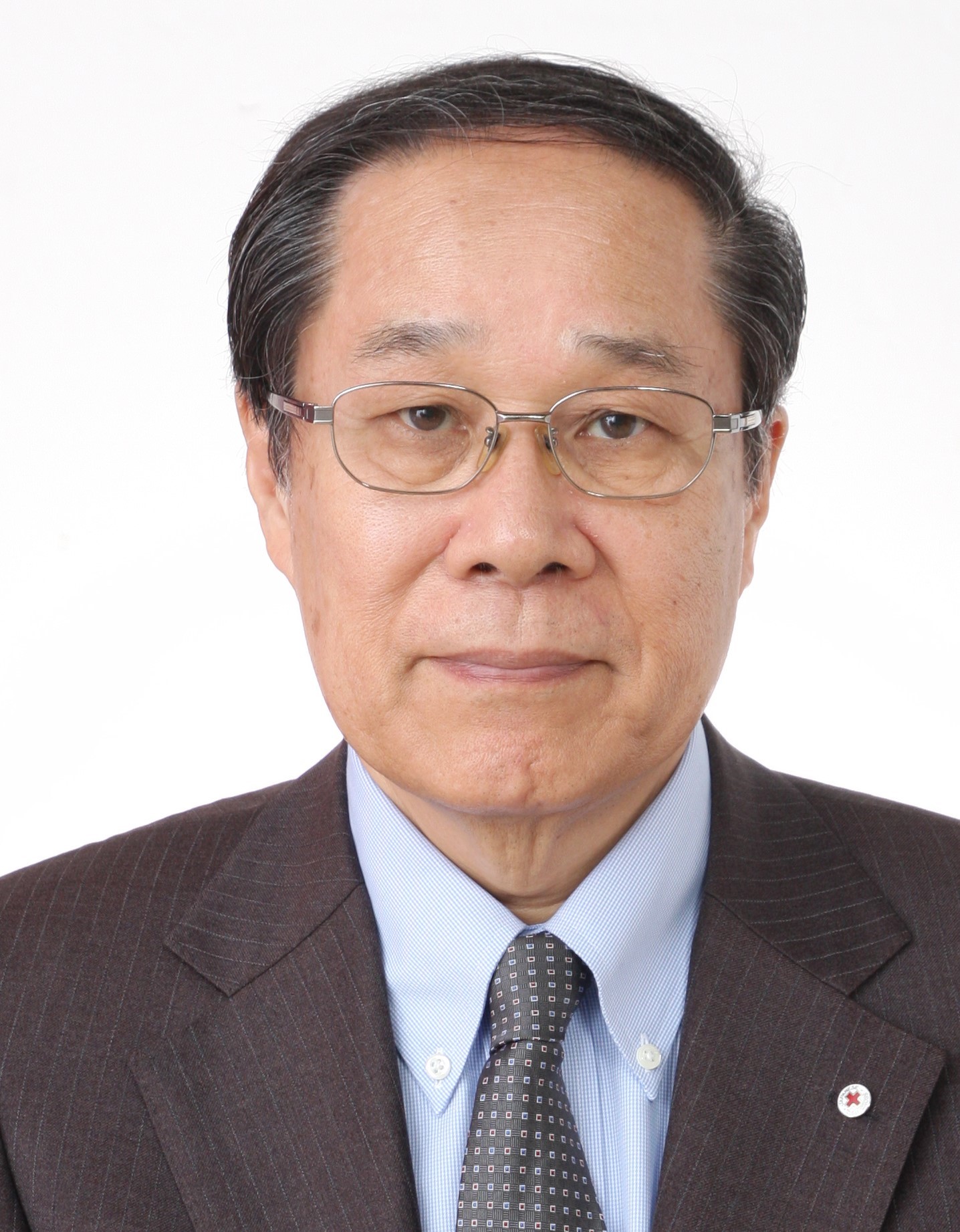
Born in Nagasaki City in 1943. Encountered and survived the Second Atomic Bomb on August 9, 1945 at 2.5 km from Ground Zero. After graduation from Nagasaki University School of Medicine in 1968 he became an internist and in 1985 professor of hematology, specializing in medical care for survivors. He continued research on radiation induced malignant disorders, mainly leukemia. After retirement from the School of Medicine, he was appointed Director of Japanese Red Cross Nagasaki Atomic Bomb Hospital until 2012, then became Director of Atomic Bomb Survivors Nursing Home until now. He was also appointed in 2019 the President of Nagasaki Prefectural Hibakusha Association. He is now Vice–President of IPPNW in Japan.
Hüseyin Yalçinkaya
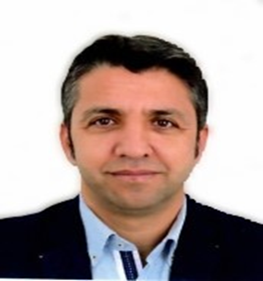
Hüseyin Yalçınkaya was born in 1978 in Kızıltepe District of Mardin Province in Türkiye. He graduated from Dicle University Faculty of Veterinary Medicine in 2002 and started his professional career in the private sector. He started working in 2006 at the Ministry of Agriculture and Forestry and has been in various positions as a veterinarian in the provincial and central organisations of the Ministry since that date. Currently, he is working in the Directorate General for Food and Control mainly dealing with import and certification of animal products. Continuing his professional development in the academic field, he successfully completed his Phd at the Department of Animal Nutrition and Nutritional Diseases, Institute of Health Sciences, Ankara University in 2022. In his thesis, he investigated the effects of Spirulina platensis on performance and antioxidant capacity in broiler feeding.
Zhao Wuwen
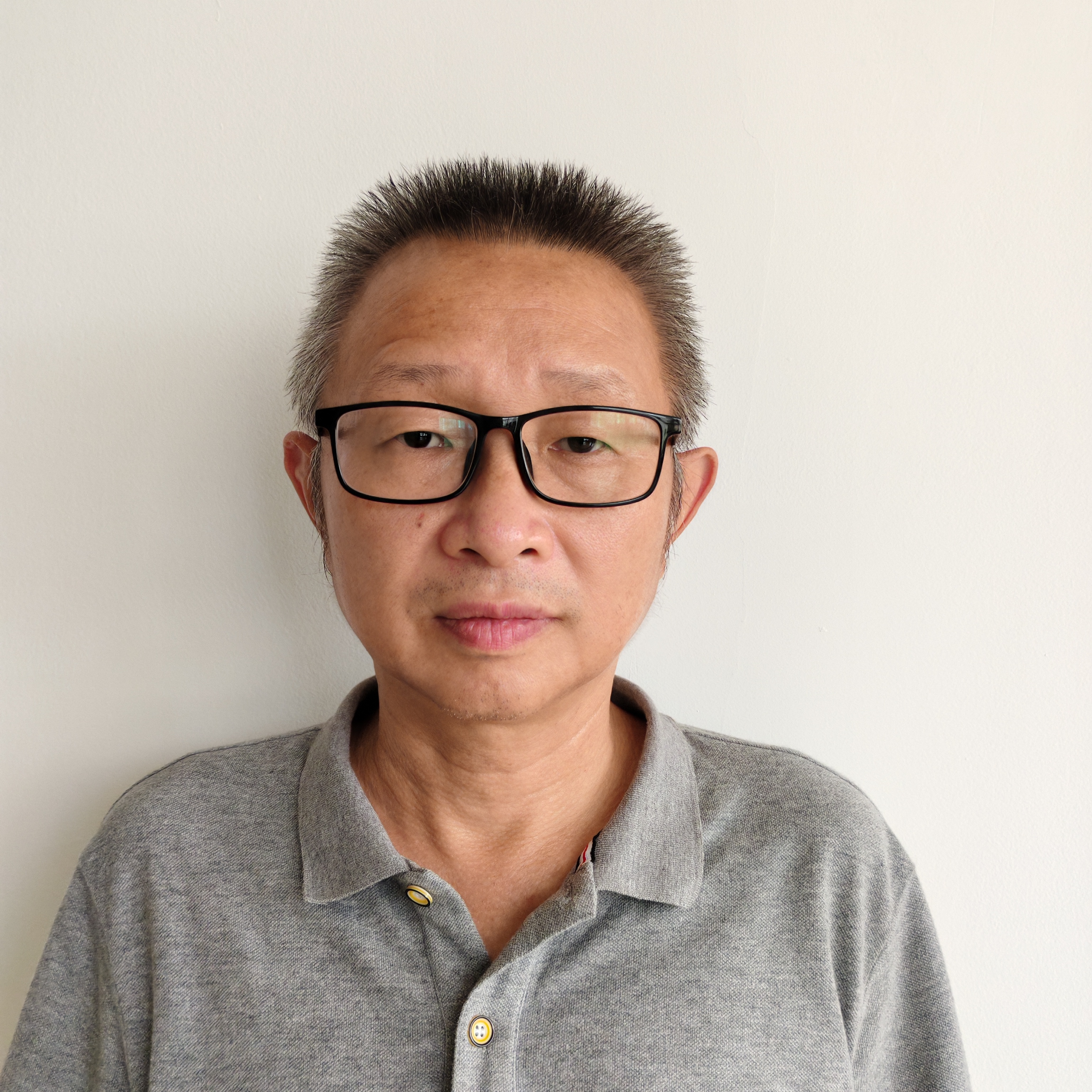
Zhao Wuwen, Senior research staff for China Academy Engineering Physics (CAEP), Director of Center for Strategic Studies, CAEP. He received his bachelor’s degree in Radio Technology from the Northeastern Institute of Technology in 1990 and earned his PhD. in Particle Physics and Nuclear Physics from the Graduate School of CAEP in 2007. He was a visiting scholar at CISSM, University of Maryland from February 2003 to January 2004. Since 1990s, he has worked at CAEP and has conducted various research regarding measurement of fast burst reactor parameters, nuclear disarmament verification technology, international nuclear posture and nuclear strategy. He has authored and coordinated the accomplishment of many academic reports, policy advisory proposals and recommendations for various departments. As a member of the Chinese Scientists Group on Arms Control, he has participated in multiple dialogues and exchanges with the U.S. counterparts. As a member of the Chinese working group for the Ministry of Foreign Affairs’ “P5 Glossary of Key Nuclear Terms,” he is responsible for the section on terminology and definitions related to the “Fundamentals of Nuclear Science and Technology.” He was a member of the editorial board of the "Series on Foreign Nuclear Forces". As chief director, he published "Nuclear Capabilities of China’s Neighboring Countries", a project supported by China’s National Publication Fund. His current research focuses on nuclear arms control and international nuclear posture.